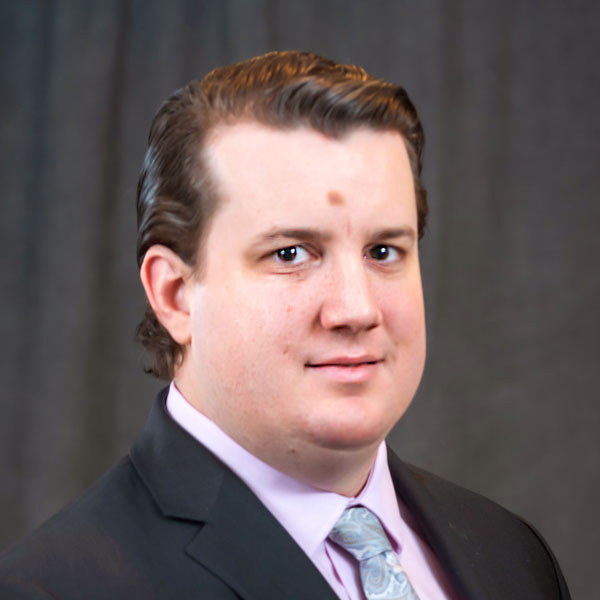Home > Smith v. Stillie
Alaska’s election laws unconstitutionally force groups that speak out about elections to deliver state-mandated messages and violate their donors’ privacy.
The law forces independent groups that want to speak out about a state election to, among other things:
The law also forces people who give to these groups to redundantly report their own donations to the state.
Under the First Amendment, groups that want to speak out about politics should be free to say what they want—not forced to say what the government wants them to say. And people who support such groups shouldn’t have to give up their privacy or face other government-imposed burdens. The Liberty Justice Center has therefore filed a federal lawsuit challenging these Alaska laws.
LJC’s clients in the case include Alaska citizens such as Anchorage resident Doug Smith, and two citizen advocacy organizations, the Alaska Free Market Coalition and Families for the Last Frontier.
On June 13, the Liberty Justice Center filed a petition urging the U.S. Supreme Court to grant certiorari and hear the case.
“People who want to speak out on political issues should be free to say what they want to say—not forced to say what the government wants them to say,” said Jacob Huebert, President of the Liberty Justice Center. “We urge the Supreme Court to hear this case and enforce the First Amendment’s protection against compelled speech.”
Smith v. Stillie was originally filed as Smith v. Helzer. The case name has changed because the previous Chair of the Alaska Public Offices Commission, Anne Helzer, has been succeeded by a new Chair, Richard Stillie, Jr.
The Liberty Justice Center has challenged similar violations of free speech in donor privacy in Montana, New Jersey, New Mexico, New York, Rhode Island, and South Dakota.

Reilly Stephens is a Senior Counsel at Liberty Justice Center, where he assists in cases to protect the rights to free speech, economic liberty, private property, and other Constitutional rights in courts across the country.
(Alaska Public Media)—Political donors have sued over campaign finance rules enacted under a 2020 voter initiative, arguing the disclosure rules are burdensome and could lead to reprisals against them and their business interests in a climate of “cancel culture.” The disclosure rules were part of a ballot measure that overhauled...
(KTUU NBC Anchorage)—A lawsuit has been filed in federal court against new donor disclosure requirements that come from Ballot Measure 2, an initiative that was narrowly approved by Alaska voters in 2020. The initiative implemented open primaries and ranked-choice voting in Alaska, which will be used for the first time...